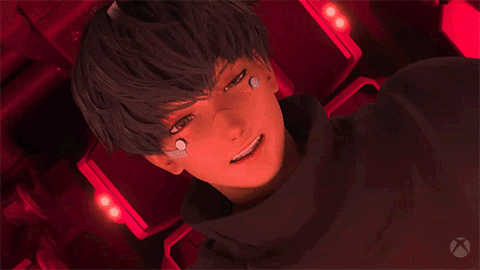Ender’s Game, the classic science fiction novel by Orson Scott Card, is a thought-provoking tale that raises several ethical considerations. The story revolves around Andrew "Ender" Wiggin, a young boy who is recruited to attend Battle School and train as a soldier in order to defend Earth against an alien race called the Formics.
One of the most significant ethical dilemmas presented in Ender's Game is the use of children as soldiers. The novel explores how society justifies this practice by arguing that these gifted children possess exceptional skills and intelligence, making them capable of handling the immense responsibility placed upon them. However, it also raises questions about whether it is right to exploit young minds for warfare purposes when they should be focused on education and personal growth.
Another ethical issue in Ender's Game relates to power dynamics and manipulation. Throughout the story, characters like Colonel Graff and Major Anderson exert control over Ender through psychological tactics such as isolation, peer pressure, and emotional blackmail. This raises concerns about consent and autonomy – can someone truly make informed decisions when they are constantly being influenced by others?
In conclusion, while Ender's Game offers a gripping narrative filled with action-packed battles and strategic gameplay, it also serves as an important reminder of the ethical considerations that must be taken into account in times of war. It challenges readers to question societal norms and reflect on whether we are doing enough to protect our most vulnerable populations from being exploited for political gain or military purposes.
